More from Standing Rock – Good News and Bad – Preparing for a New American Government
November 2016 - Post Election Tonic
Post Election Tonic
November 15, 2016
Getting the Word Out
From TIO
Chrisitan Jewish Peacemakers Project Developing
From Hartford Seminary
Essential Guidelines for Interfaith Higher Education
From Dr. Nathan Kollar
MUSLIMS AND THE HOLOCAUST
Dr. Mehnaz Afridi
INTRODUCING #TANGIBLEHOPE
See TIO's profile of Tangible Hope here
Interfaith News Roundup - December 2016
Global Warming, Pilgrims and Progress – Standing Rock and Global Indigenous Rights – Stop the Hate Movement Accelerates
October 2016 - Ancient Mentors, Emerging Leadership
Ancient Mentors, Emerging Leadership
October 15, 2016
#TangibleHope Amplyfing Stories of Hope around the World
From URI
"Principles and Guidelines for Interfaith Dialogue" Available
From Scarboro Missions
COLOUR IN FAITH
Embracing Yellow for Peace in Kiberia
BEATING DRUMS FOR PEACE
from Faiths Together Uganda
Interfaith News Roundup - November 2016
Interfaith News Roundup - October 2016
September Was a Month of Celebrations and Blessings – Responding to the Refugee Crisis – Making a Difference through Collaboration – Religion and Society
Interfaith News Roundup - September 2016
Interfaith News Roundup returns following a half-year hiatus, leaving us with a boatload of interfaith articles.
September 2016 - Five Years Later, a New TIO
July 2016 - Featuring Don Frew
June 2016 - Featuring Eboo Patel
May 2016 - Featuring Vicki Garlock and Bud Heckman
April 2016 - Featuring Ruth Broyde Sharone
March 2016 - Featuring Marcus Braybrooke
February 2016 - Planning TIO 2.0
Interfaith News Roundup - February 2016
January 2016 - Understanding and Addressing Islamophobia
Interfaith News Roundup
Interfaith News Roundup - January 2016
Each month TIO shares a few of the more interesting interfaith stories from recent news.
January 15, 2016
Intrafaith Turmoil
In defiance of the Federal Government, a militia of self-identified armed Mormons occupied the Malheur National Wildlife Refuge near Salem, Oregon to protest the jailing of two friends. They justified the crime by claiming it was based on “scriptural principles.” What makes the story particularly interested in intrafaith dynamics was how quickly and completely the Mormon leadership in Salt Lake City responded. Their press release said they “strongly condemn the armed seizure of the facility and are deeply troubled by the reports that those who have seized the facility suggest that they are doing so based on scriptural principles." J.M. Berger offers a fascinating profile of far-right wing groups in the U.S. and “a window into the varied landscape of domestic extremism in the United States.
Professor Larycia Hawkins – Photo: Facebook
Wheaton College has put on leave and threatened to fire Dr. Larycia Hawkins for saying that Christians and Muslims worship the same God. Wheaton alumnus Tobin Grant suggests that the college, the “Harvard of evangelicalism,” has made a serious misstep in charging the professor of political science this way. More than three weeks after Grant’s first report, he details how the school seems to be making a host of errors in how it it is treating Professor Hawkins, an African-American Christian.
Professor Hawkins did more than make a theological truth claim. She also spent a week dressing with the Muslim ‘hijab,’ commonly known as a headscarf for Muslim women. She did so out of solidarity for Muslim women, and she wasn’t the only one. On special occasions last month, women clergy in Utah from Christian, Jewish, and Unitarian traditions wore the hijab, as did students in a Salt Lake City high school. But now progressive Muslim women are objecting, decrying the hijab (“never a headscarf” and its popularity).
The upside to the Larycia Hawkins story may be a new serious dialogue about the hijab and whether non-Muslims or even Muslims should wear it. Wheaton College was not particularly troubled about the piece of clothing. But her symbolic act released a digital torrent of response about the hijab, who wears it, and why – including articles by progressive Muslim women who decry the hijab (“never a headscarf”) and its popularity. Go here for more than two dozen related stories, most of them by Muslim women.
While these intrafaith quarrels attract major media, it is easy to miss the continuing interfaith oppression in so many countries. For instance, in spite of Pakistani leaders promoting good interfaith relations, the pressure against minority religions seems inexorable. Aljezeera reports that “Islamabad’s Christian Slums Face Demolition.”
Public Sector Encouraging a Healthy Interfaith Culture
Most cities around the world today, demographically, are multicultural and interreligious. When non-religious agencies, such as schools, local government, or secular nonprofits, do good work, interreligious acquaintances can become interfaith friends. Strangers who discover shared values and concerns can become collaborators.
Dr. Tiffany Anderson – Photo: stl.edu
For instance, cities in the U.S. are taking on what has seemed an intractable problem for decades – that is, homelessness. Despite cynics who counter that the poor will always be with us, appreciable progress is being made. A Christian Science Monitor article claims that “Several cities – including New Orleans, Salt Lake City, Phoenix, and Houston – have eradicated the problem altogether,” which may be an exaggeration given the poverty Parliament of the World’s Religions participants confronted in Salt Lake City two months ago. But there is much to be learned.
Check out the amazing story in the Washington Post titled “This superintendent has figured out how to make school work for poor kids.” And how to do it without a lot of new funding. Tiffany Anderson, the wizard driving this work, thinks outside the box, knows how to make a budget lean and powerful, and is attracting philanthropists to the work.
The United Nations is a perfect example of a global interreligious agency that stays away from religious language of sectarian causes but nevertheless is an incredible partner to people of any faith who are working to make the planet a better place. Last month the UN Security Council passed a resolution devoted entirely to the role of youth regarding peace and security in the world. This precedent-making resolution should open the door to young people everywhere to participate in creating a peaceful world.
Good News Interfaith Stories
The House of One is a sanctuary being planned that will be home to Christian, Jewish, and Muslim congregants in Berlin, Germany. More than a million Euro pounds have been given to the new project – a high vision for the 21st century.
The Central African Republic, starting with Bangui, its capital, is one of the most dangerous places in the world, caught in a ghastly civil war between Christians and Muslims who lived together peacefully for generations until the current conflict, inflicted by religious extremists on both sides. But in the heart of this nightmare, a hospital that admits both Christians and Muslims offers an miraculous alternative to the conflict.
Pope Francis has inaugurated a monthly video about prayer, including his prayer request. That request this month is that people from different faiths gather in sincere dialogue “may produce the fruits of peace and justice.”












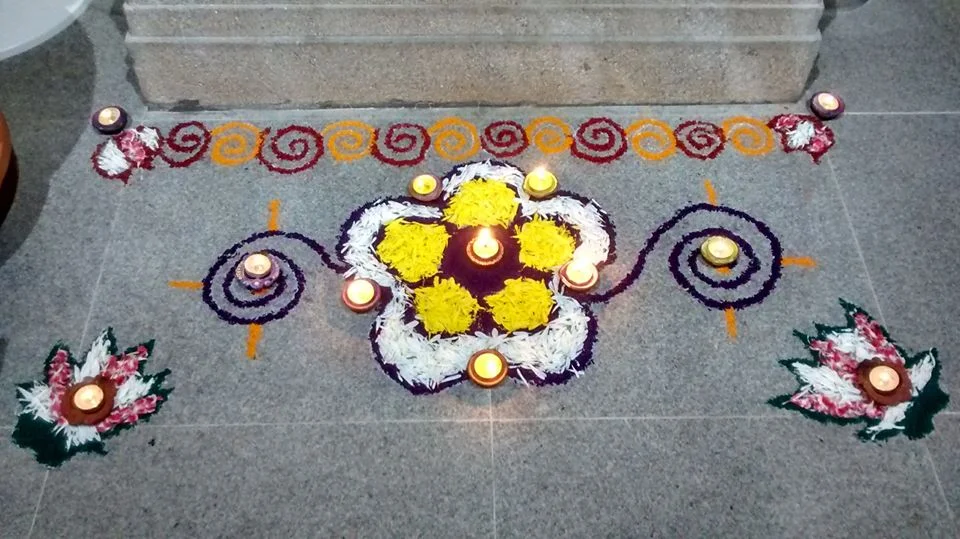


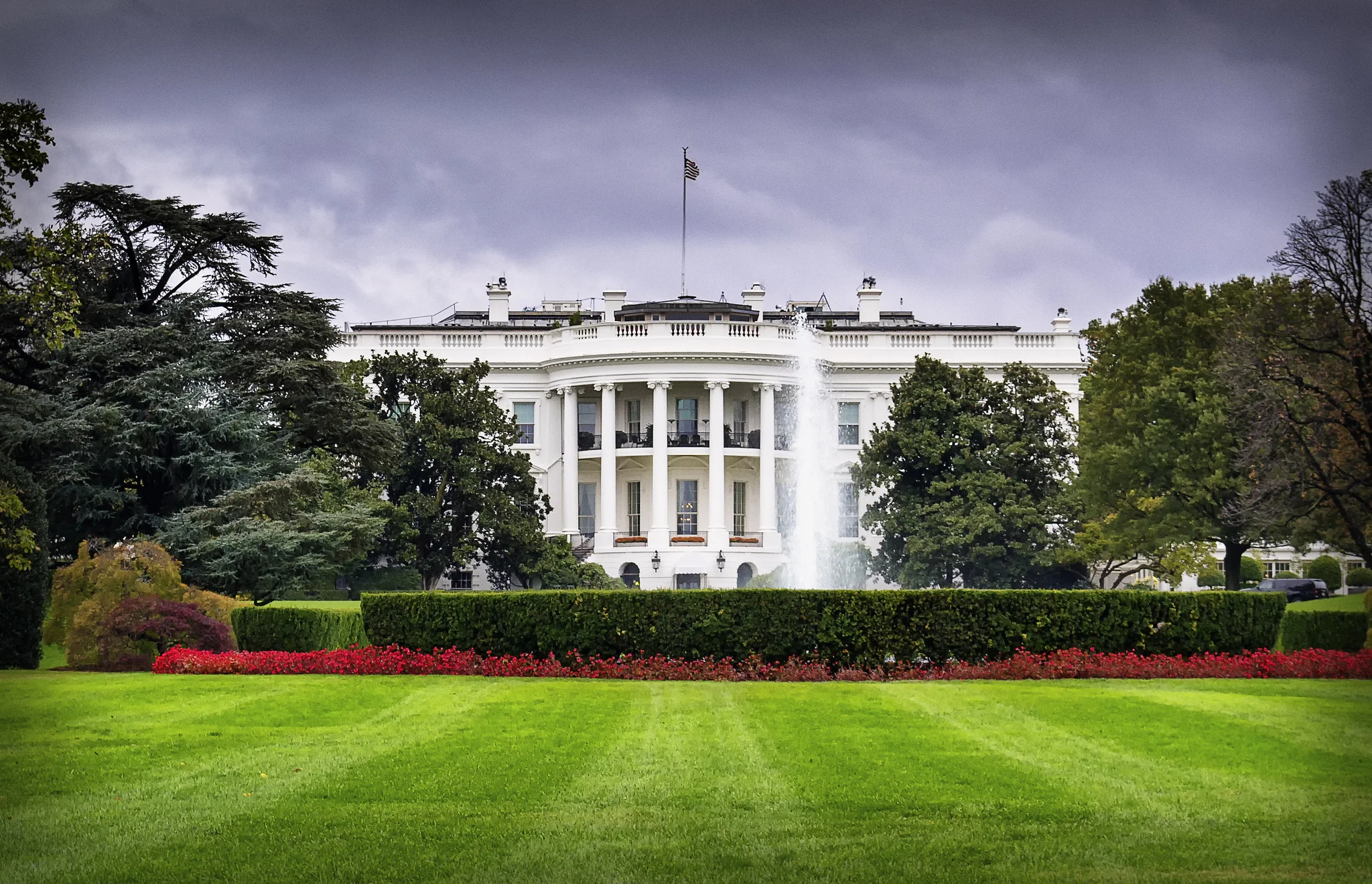
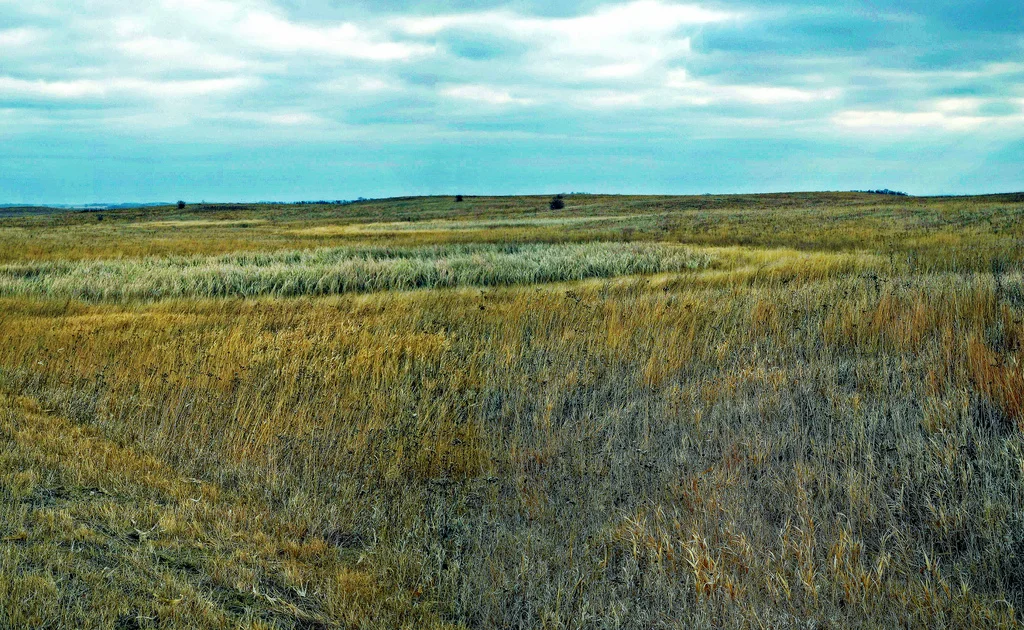
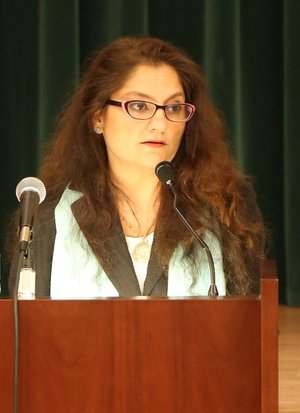

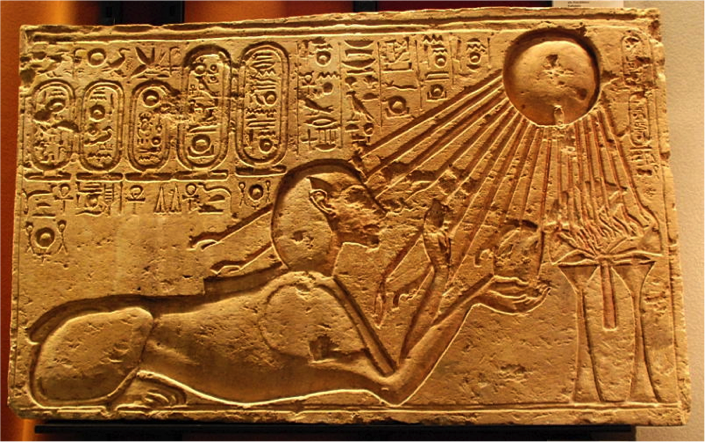
















by Marcus Braybrooke
“One should listen to and respect the religions of other people.” These words that Aśoka had engraved on rocks across his vast empire more than 2,000 years ago still need to be heard today. King Aśoka, the third monarch of the Indian Mauryan dynasty, was largely forgotten until early in the 19th century when a large number of edicts, inscribed on rocks and pillars, were discovered.